The hurricane – which made landfall as a Category 5 storm on Tuesday – ripped off the roofs of homes, inundated the nation’s “bread basket”, and felled power lines and trees, leaving most of its 2.8 million people without electricity.
Recommended Stories
list of 4 itemsend of list
Melissa took hours to cross over Jamaica, a passage over land that diminished its winds, dropping it down to a Category 3 storm, before it ramped back up as it continued on Wednesday towards Cuba.
Holness said in a series of posts on X that the storm has “ravaged” his country and the disaster declaration gives his government “tools to continue managing” its response to the storm.
“It is clear that where the eye of the hurricane hit, there would be devastating impact,” he told the United States news channel CNN late on Tuesday. “Reports we have had so far include damage to hospitals, significant damage to residential property, housing and commercial property as well, and damage to our road infrastructure.”
Holness said he does not have any confirmed reports of deaths at the moment. “But with a Category 5 hurricane, … we are expecting some loss of life,” he added.
The prime minister said his government was mobilising quickly to start relief and recovery efforts by Wednesday morning.
Even before Melissa slammed into Jamaica, seven deaths – three in Jamaica, three in Haiti and one in the Dominican Republic – were caused by the hurricane.
Desmond McKenzie, Jamaica’s local government minister, told reporters on Tuesday evening that the storm had caused damage across almost every parish in the country and left most of the island without electricity.
He said the storm had put the parish of St Elizabeth, the country’s main agricultural region, “under water”.
“The damage to St Elizabeth is extensive, based on what we have seen,” the minister said, adding that “almost every parish is experiencing blocked roads, fallen trees and utility poles, and excess flooding in many communities.”
“Work is presently on the way to restore our service, to give priorities to the critical facilities, such as hospitals and water and pumping stations,” he added.
The storm caused “significant damage” to at least four hospitals, Health and Wellness Minister Christopher Tufton told the Jamaica Gleaner newspaper.
A roof was completely torn off a building at a section of the Savanna La Mar Public General Hospital due to the passage of Hurricane Melissa. The system made landfall earlier today near New Hope district in Westmoreland, Jamaica. #GLNRToday #TrackingMelissa pic.twitter.com/zBnm9bu4Oq
— Jamaica Gleaner (@JamaicaGleaner) October 28, 2025
‘Monstrous Melissa’
Robian Williams, a journalist with the Nationwide News Network radio broadcaster in Kingston, told Al Jazeera that the storm was the “worst we’ve ever experienced”.
“It’s truly heartbreaking, devastating,” she said from the capital.
“We’re calling Hurricane Melissa ‘Monstrous Melissa’ here in Jamaica because that’s how powerful she was. … The devastation is widespread, mostly being felt and still being felt in the western ends of the country at this point in time. So many homes, so many people have been displaced,” she said.
“We did prepare, but there wasn’t much that we could have done.”
Trout Hall Rd, Clarendon#TrackingMelissa #HurricaneMelissa #Jamaica @CVMTV pic.twitter.com/bTop93pOvp
— Giovanni R. Dennis (@GiovanniRDennis) October 28, 2025
In Kingston, Lisa Sangster, a 30-year-old communications specialist, said her home was devastated by the storm.
“My sister … explained that parts of our roof was blown off and other parts caved in and the entire house was flooded,” she told the AFP news agency. “Outside structures like our outdoor kitchen, dog kennel and farm animal pens were also gone, destroyed.”
Mathue Tapper, 31, told AFP that those in the capital were “lucky” but he feared for people in Jamaica’s more rural areas.
“My heart goes out to the folks living on the western end of the island,” he said.
Melissa restrengthens
The US National Hurricane Center warned on Tuesday night that Melissa was restrengthening as it approached eastern Cuba.
“Expected to make landfall there as an extremely dangerous major hurricane in the next few hours,” the centre warned at 11pm Cuba time on Tuesday (03:00 GMT on Wednesday).
Authorities in Cuba have evacuated more than 700,000 people, according to Granma, the official newspaper, and forecasters said the Category 4 storm would unleash catastrophic damage in Santiago de Cuba and nearby areas.

A hurricane warning was in effect for the provinces of Granma, Santiago de Cuba, Guantanamo, Holguin and Las Tunas as well as for the southeastern and central Bahamas. A hurricane watch was in effect for Bermuda.
The storm was expected to generate a storm surge of up to 3.6 metres (12ft) in the region and drop up to 51cm (20 inches) of rain in parts of eastern Cuba.
“There will be a lot of work to do. We know there will be a lot of damage,” President Miguel Diaz-Canel said in a televised address in which he assured that “no one is left behind and no resources are spared to protect the lives of the population”.
At the same time, he urged Cubans not to underestimate the power of Hurricane Melissa, “the strongest ever to hit national territory”.
Climate change
Although Jamaica and Cuba are used to hurricanes, climate change is making the storms more severe.
British-Jamaican climate change activist and author Mikaela Loach said in a video shared on social media that Melissa “gained energy from the extremely and unnaturally hot seas in the Caribbean”.
“These sea temperatures are not natural,” Loach said. “They’re extremely hot because of the gasses that have resulted from burning fossil fuels.”
“Countries like Jamaica, countries that are most vulnerable to climate disaster are also countries that have had their wealth and resources stripped away from them through colonial bondage,” Loach added.
Speaking at the United Nations General Assembly in September, Holness urged wealthy countries to increase climate financing to assist countries like Jamaica with adapting to the effects of a warming world.
“Climate change is not a distant threat or an academic consideration. It is a daily reality for small island developing states like Jamaica,” he said.
Jamaica is responsible for just 0.02 percent of global greenhouse gas emissions, which cause global warming, according to data from the World Resources Institute.
But like other tropical islands, it is expected to continue to bear the brunt of worsening climate effects.

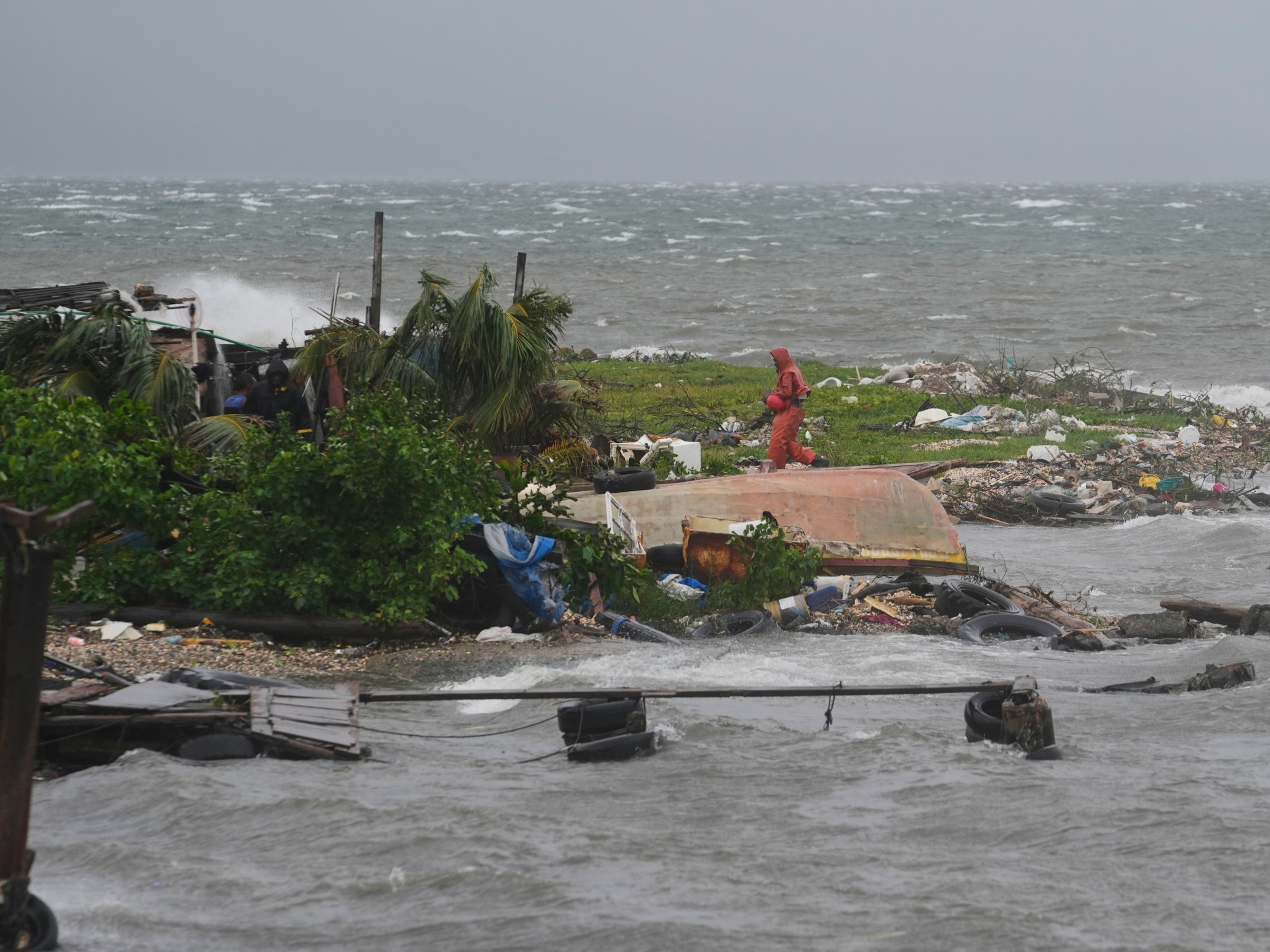
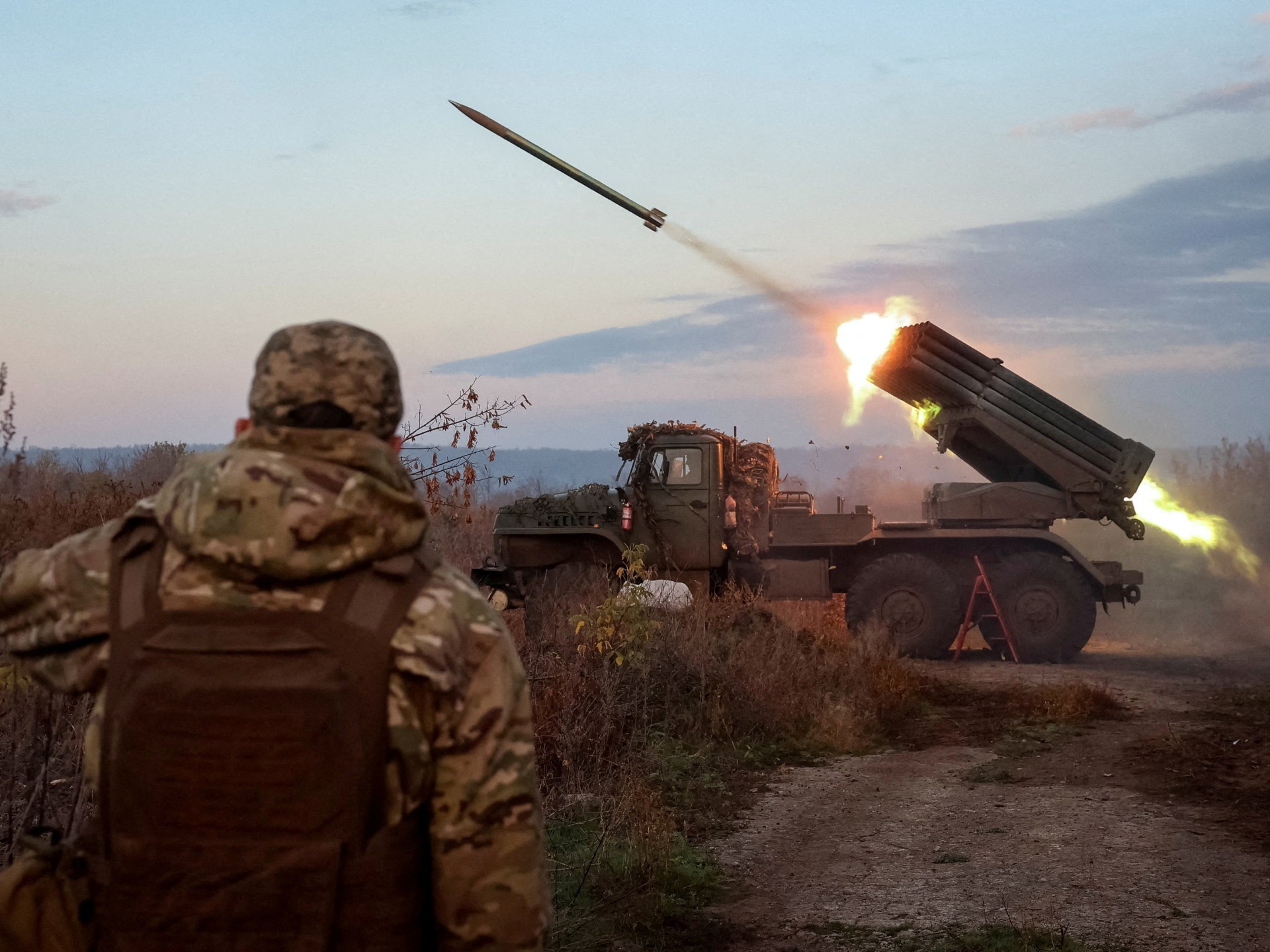
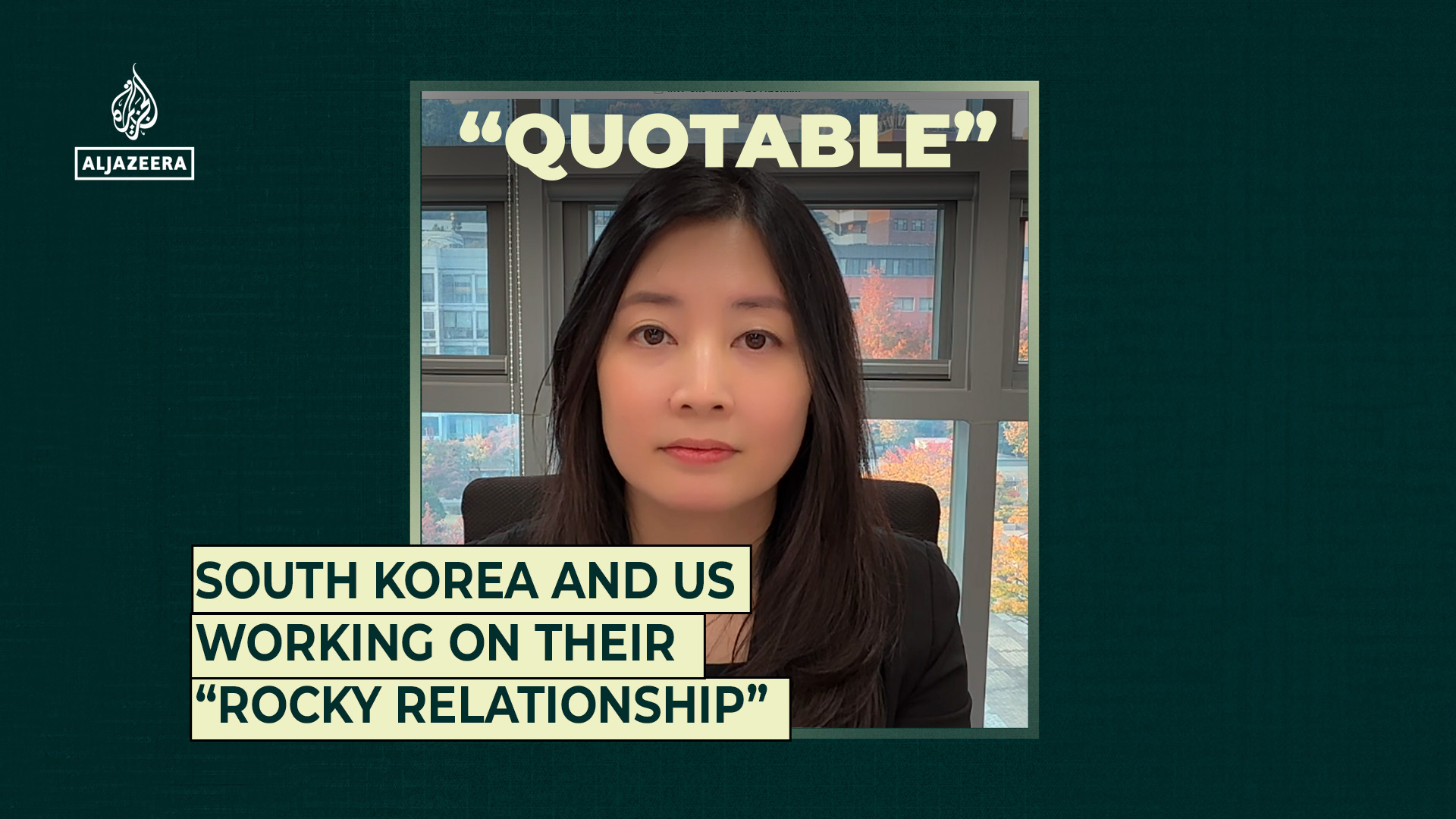
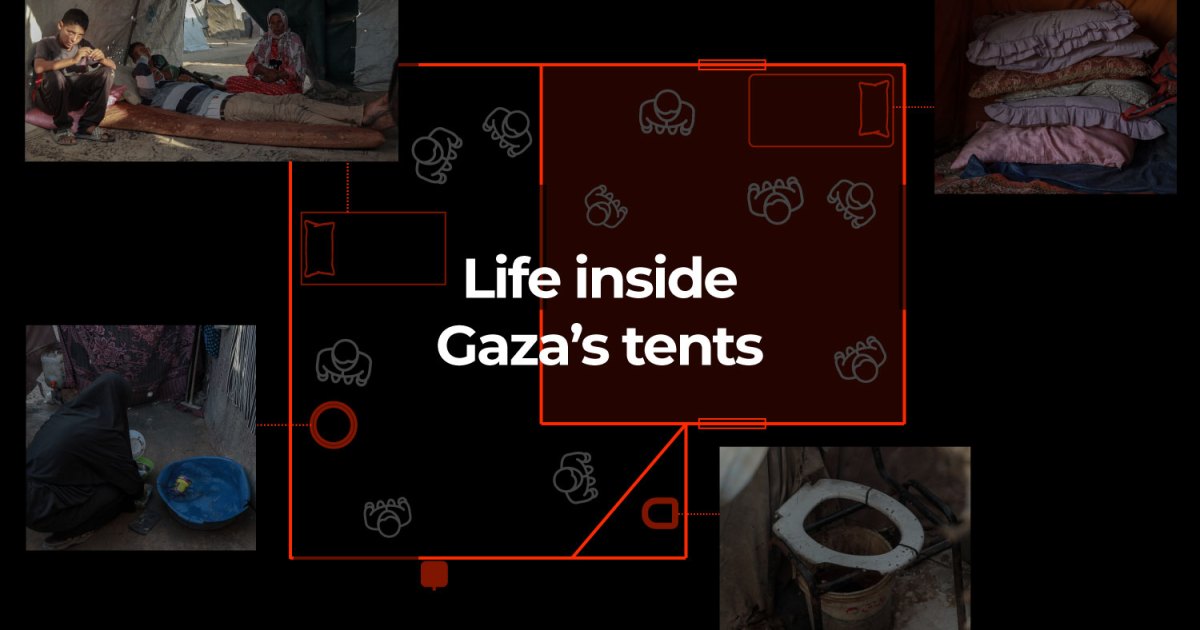
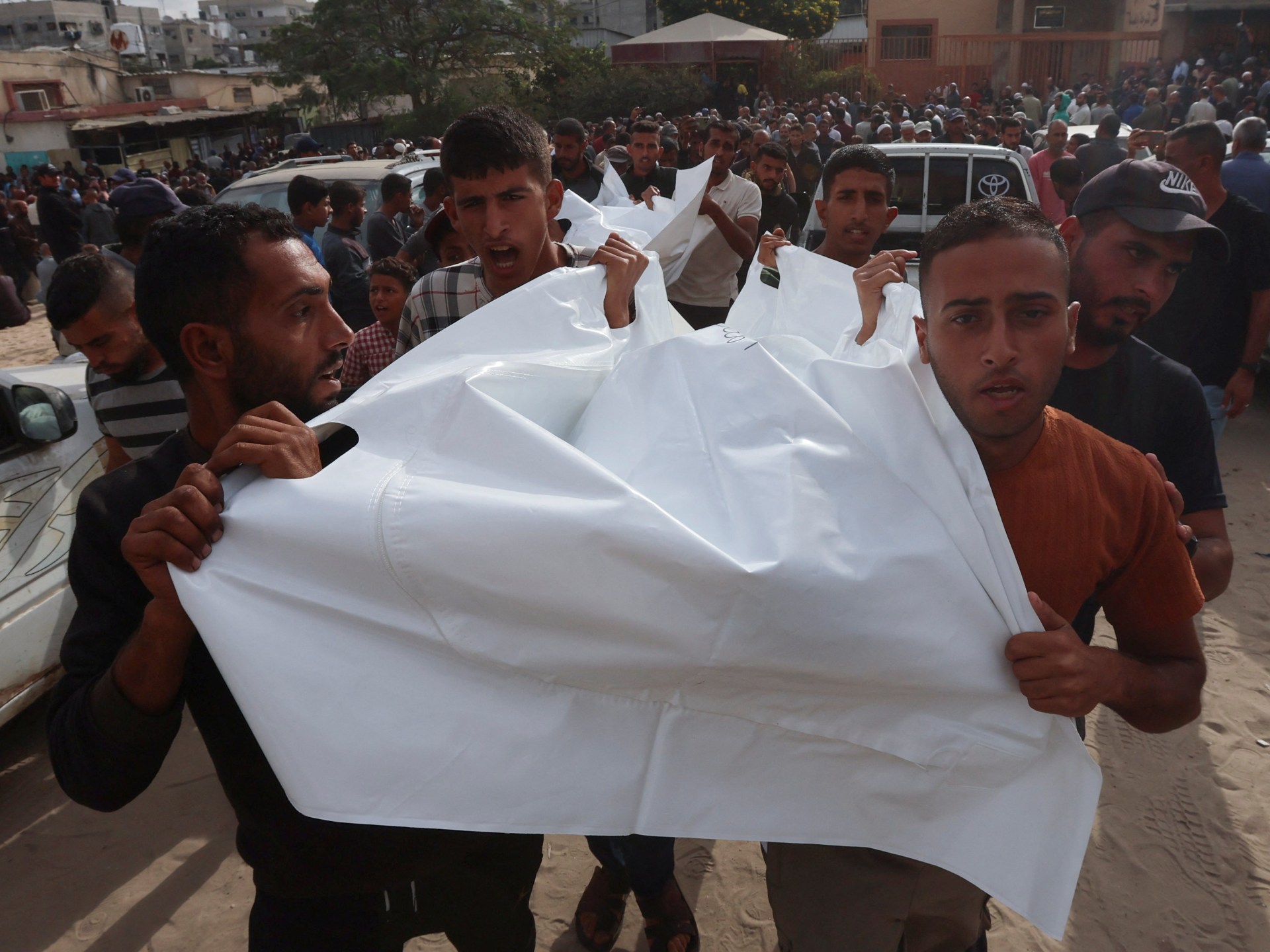

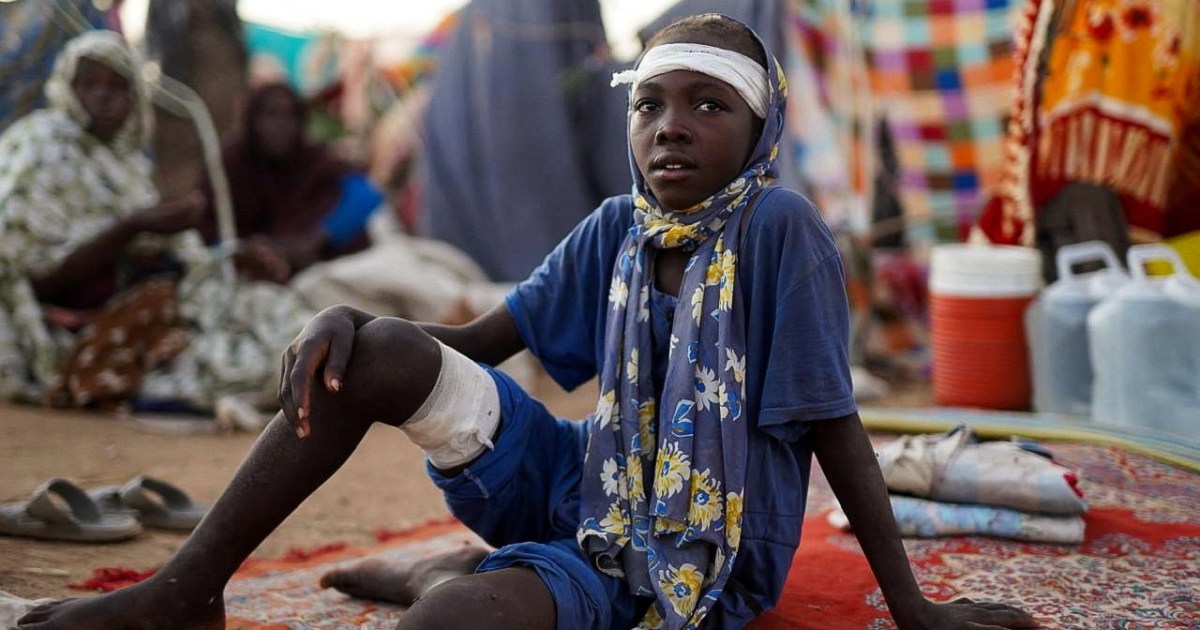
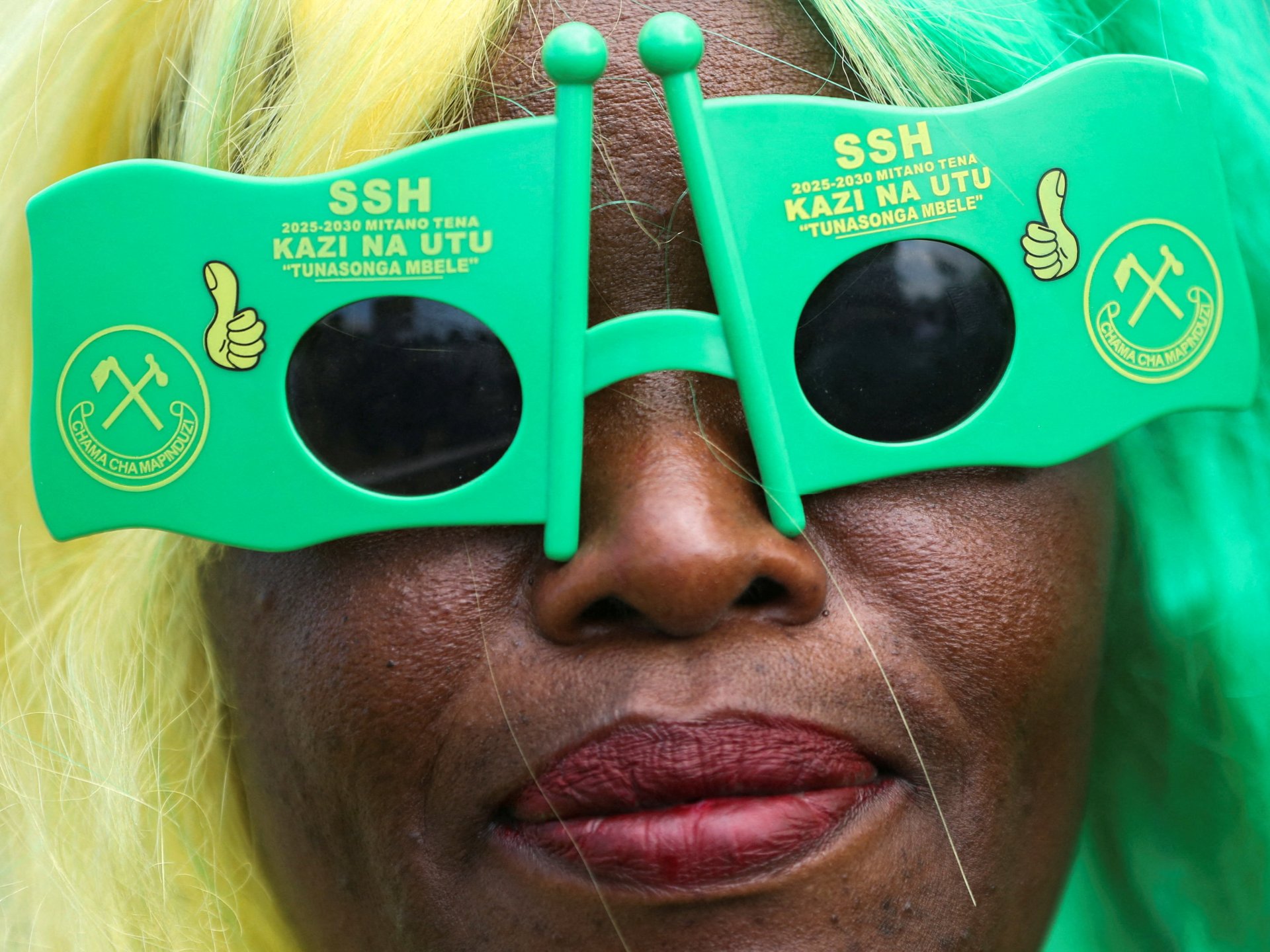
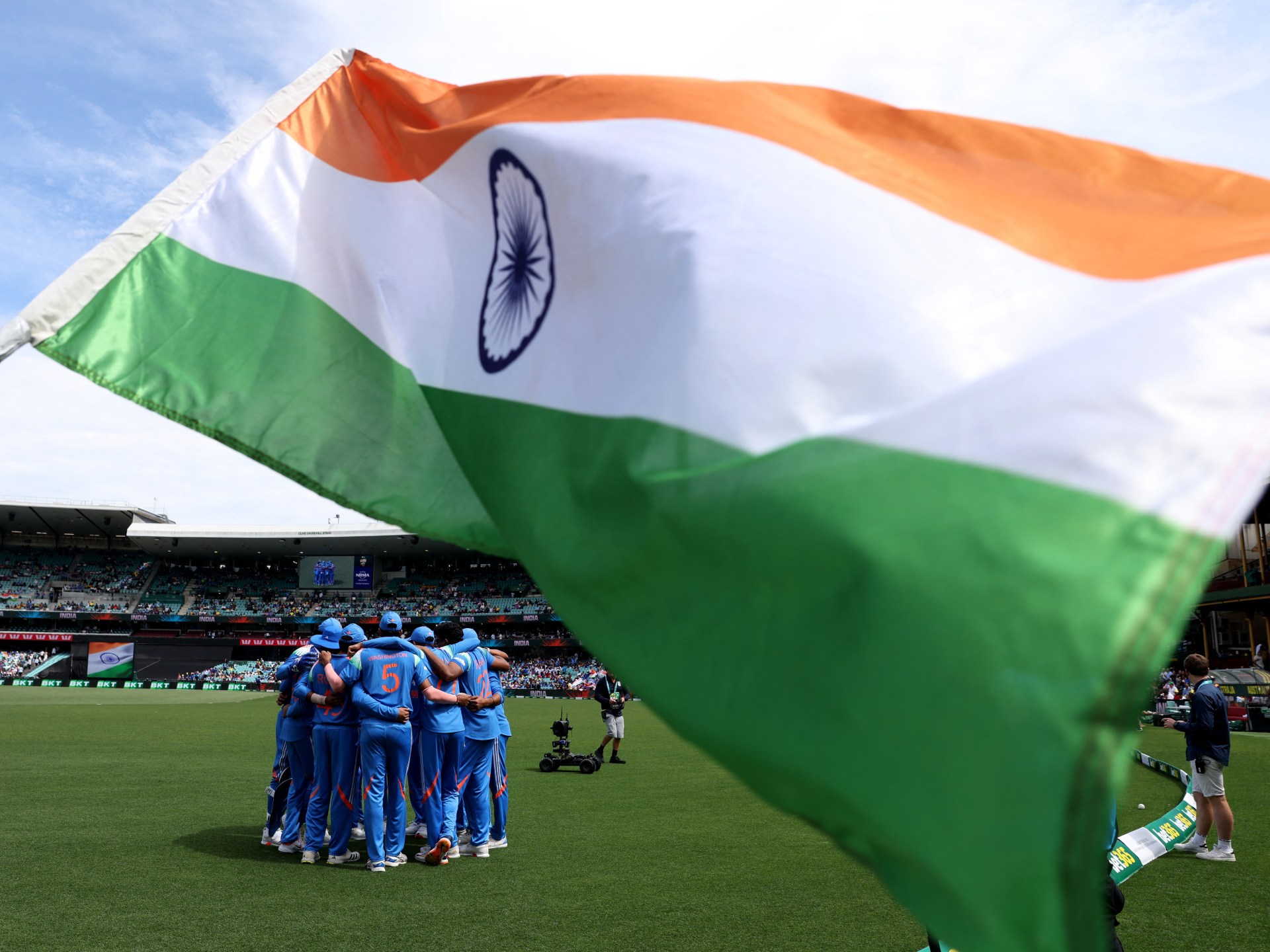

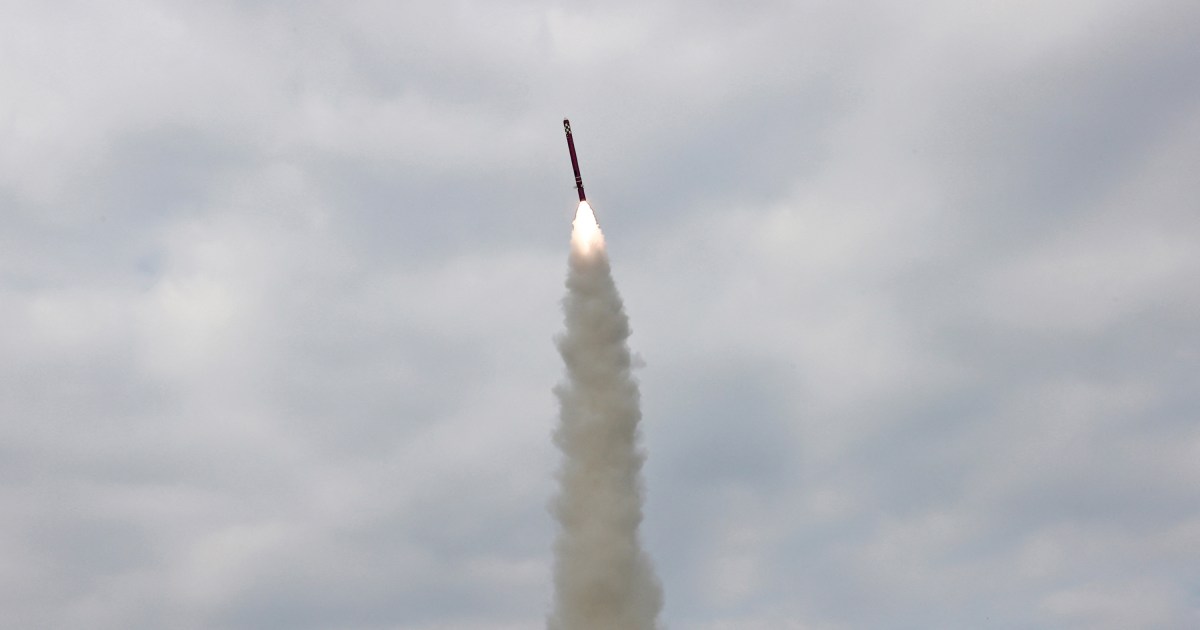


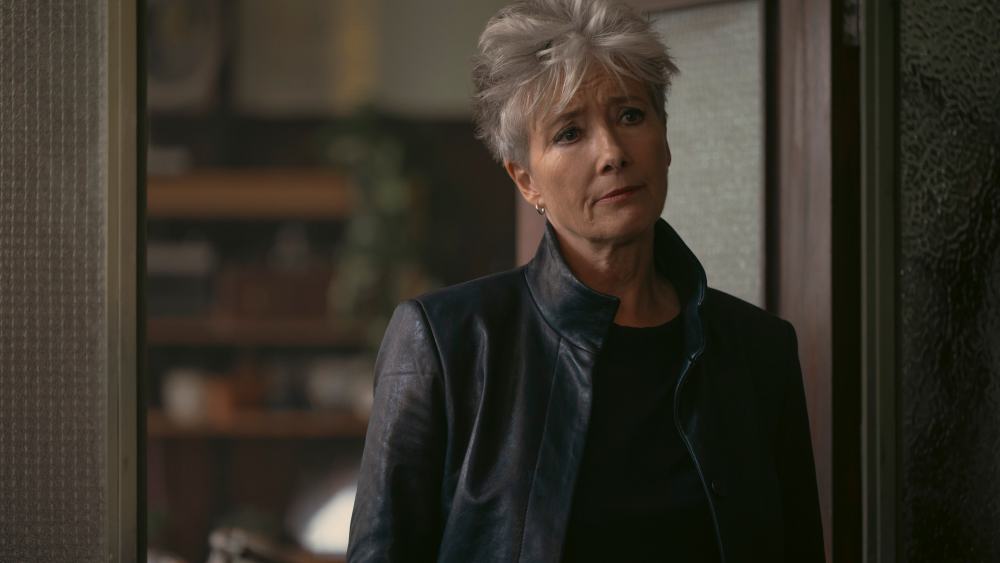
Leave a Reply